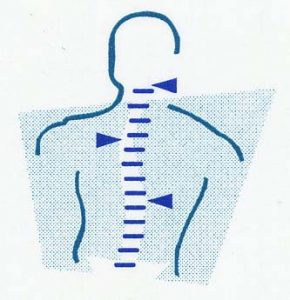 By: Susan St. John
By: Susan St. John
As many chiropractors are likely aware, they cannot “opt-out” of Medicare. Even if a chiropractor has not enrolled to be a Medicare provider, a Medicare beneficiary may require the chiropractor to submit a claim to or bill the Medicare program on his/her behalf for chiropractic services rendered. For chiropractic services to be covered by Medicare, the patient must have a condition necessitating treatment and manipulative services rendered must have a direct therapeutic relationship to the patient’s condition. The manipulative services must provide a reasonable expectation of recovery or improvement of function. Further, the Medicare patient’s condition must be acute and not a chronic subluxation without objective clinical improvement anticipated. Manipulative treatment beyond treating the acute phase, that is, a chronic condition, is considered maintenance therapy and is not covered. Thus, a chiropractor needs to carefully consider at what point a Medicare beneficiary’s treatment becomes palliative or maintenance therapy which would not be covered and thoroughly explain this to the patient. The chiropractor has a duty to let the patient know when treatment is no longer curative or therapeutic, but rather maintenance therapy.Continue reading
Direct Primary Care Agreements: How it Works and What to Consider
 By: Susan St. John
By: Susan St. John
As the provision of health care services continues to evolve, many practitioners are contemplating creating membership-based services for their patients through Direct Primary Care Agreements (“DPCA”). Although DPCAs are not necessarily a new concept, the Florida Legislature enacted a bill during the 2018 legislative session making DPCA’s exempt from the Florida Insurance Code. Thus, DPCAs are not a form of insurance subject to regulations of insurance products but are private contracts between practitioner and patient for specified health care services. Here is how the DPCA concept works.
DPCAs are private contracts between patients and primary care providers. Section 624.27, Florida Statutes, defines primary care provider as a provider licensed pursuant to Chapters 458, 459, 460, and 464, or a primary care group practice, who provides primary care services to patients. Included under this broad definition of providers are: allopathic doctors, osteopathic doctors, physician assistants, anesthesiologist assistants, chiropractors, RNs, LPNs and ARNPs.Continue reading
